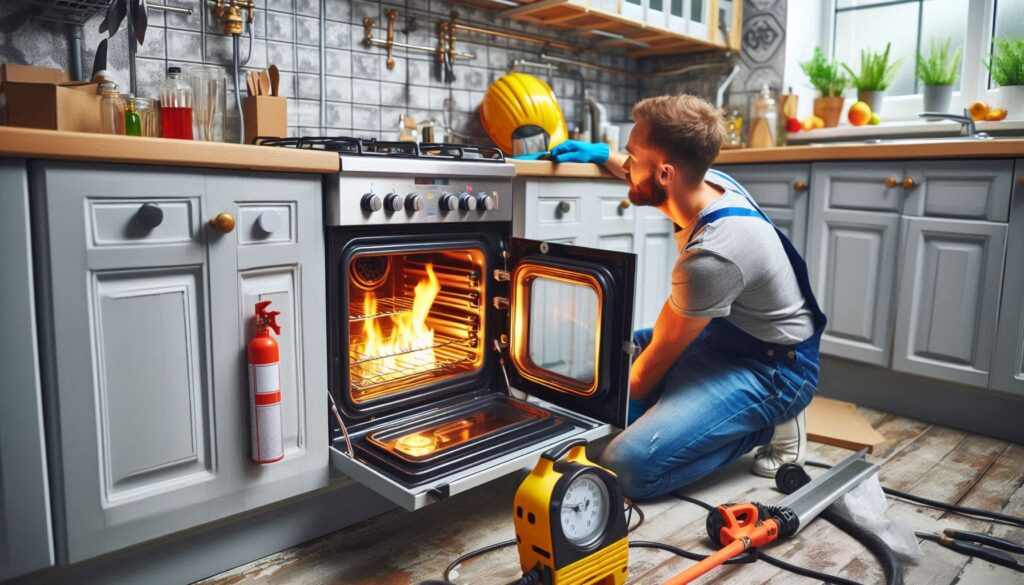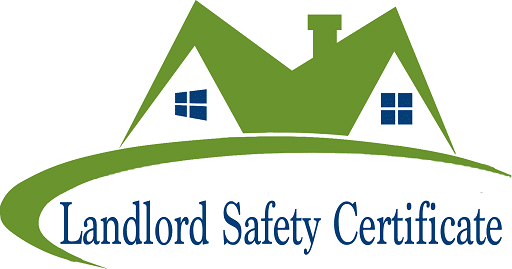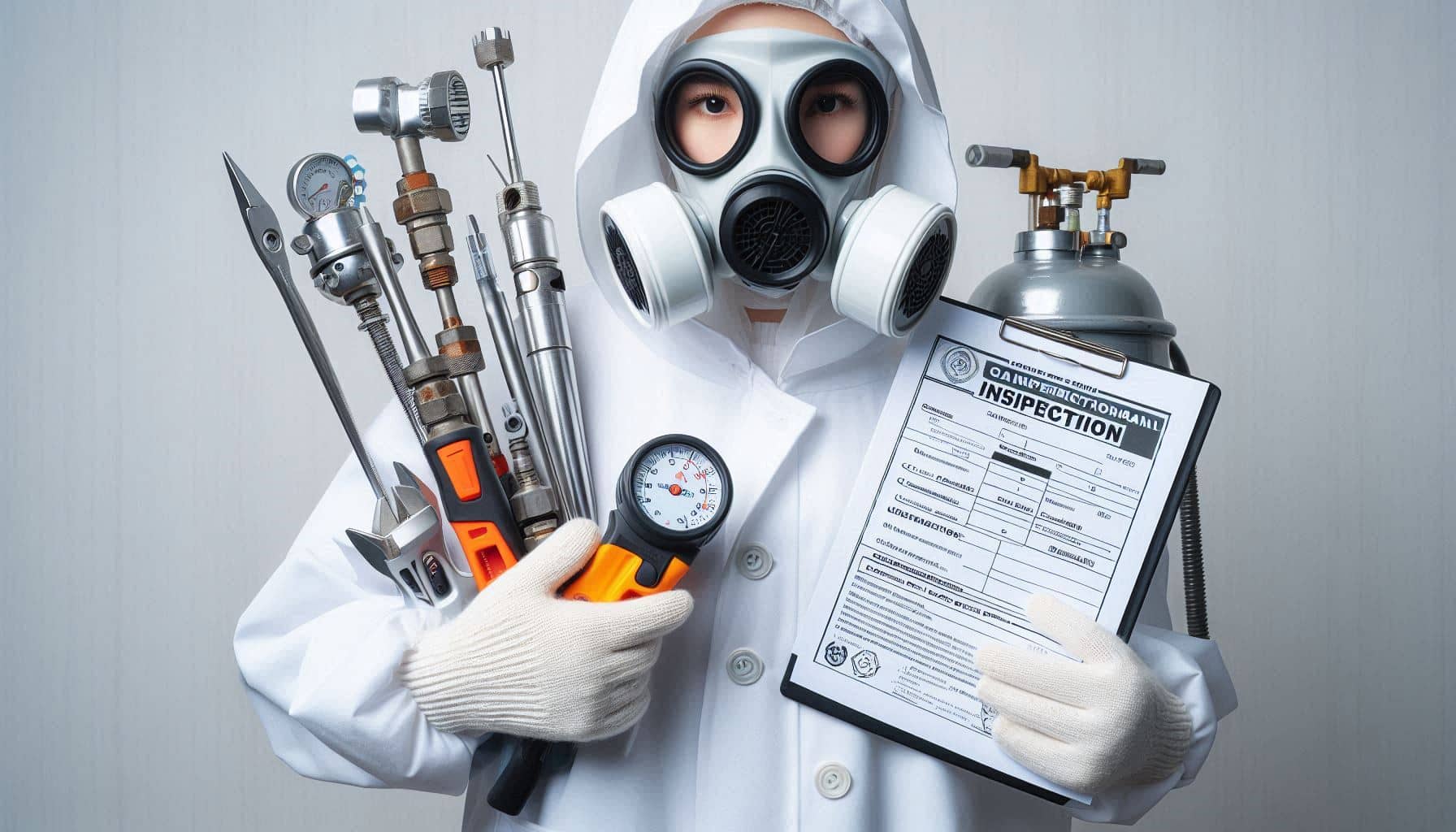
Managing properties in London comes with strict legal duties, especially for fully or partly furnished homes. Unlike unfurnished rentals, furnished properties include beds, sofas, cookers, washing machines, and smaller appliances like kettles. These items add responsibility for landlords. A proper furnished rental inspection ensures safety and reduces risks, while following appliance compliance UK rules helps landlords meet legal standards and protect tenants effectively.
Furnished rentals give tenants comfort but also increase landlord duties. A standard inspection covers structure, gas, electrics, and fire safety, but a furnished rental inspection must also check all provided furniture and appliances. For example, sofas need fire safety labels, and washing machines must be safe. In London, councils enforce strict rules, and ignoring them may lead to penalties. By staying compliant with appliance compliance UK, landlords show professionalism and avoid disputes.
Landlords must follow regulations to keep appliances in furnished rentals safe. These include the HHSRS and fire safety laws. Meeting appliance compliance UK rules means more than confirming an item works; it requires testing and documentation. Every appliance should pass safety checks, include instructions, and be serviced if gas-powered. In London, failure to carry out a furnished rental inspection properly can lead to enforcement notices, making compliance essential.
A good furnished rental inspection covers all items given to tenants, from furniture to appliances. Sofas, chairs, and mattresses need fire labels, while cookers, fridges, kettles, and microwaves must work safely. Washing machines and dryers require servicing, heaters need safety checks, and lamps need electrical testing. By following appliance compliance UK rules and keeping clear records, landlords prove compliance and protect themselves from tenant complaints in London’s rental market.
Furnished properties often carry risks that unfurnished ones do not. For example, second-hand furniture may lack fire safety tags, or older appliances may not meet modern energy and safety standards. During a furnished rental inspection, landlords should look out for:
• Damaged electrical cords or exposed wiring.
• Missing fire labels on upholstered furniture.
• Outdated gas appliances with no recent service history.
• Faulty safety switches on kettles or toasters.
• Loose fittings on chairs or beds that could cause accidents.
Spotting these issues early not only helps with appliance compliance UK but also prevents costly disputes with tenants and potential fines from councils.
UK law places ultimate responsibility for safety on landlords, not tenants. Even if a tenant misuses an item, landlords must prove they carried out all reasonable checks beforehand. For landlords in London, where local councils are proactive in inspections, staying on top of furnished rental inspection routines is non-negotiable.
Legal obligations include:
Failure to maintain appliance compliance UK could result in penalties, invalidated insurance policies, or even prosecution.
One of the best ways to reduce risks is through clear communication. Tenants must know how to use the appliances safely and how to report faults immediately. A transparent approach to furnished rental inspection makes tenants more likely to cooperate and take good care of the property.
Best practices include:
This open dialogue not only improves compliance but also builds trust, which is vital in London’s competitive rental sector.

If an inspection reveals that an appliance fails safety standards, landlords must act quickly. Leaving faulty items in the property risks tenant safety and legal trouble. The correct response involves:
By handling such issues properly, landlords maintain appliance compliance UK and show that tenant welfare is their priority.
Many landlords in London use letting agents to manage day-to-day operations, including inspections. Agents can be invaluable in ensuring every furnished rental inspection is carried out thoroughly and on time.
A good letting agent will:
• Keep a checklist of all furniture and appliances in the property.
• Arrange regular safety checks with certified contractors.
• Document inspection results and share them with the landlord.
• Communicate with tenants about appliance usage and faults.
By delegating these tasks, landlords can ensure compliance without sacrificing their time.
Prevention is far better than dealing with problems after they occur. For landlords, this means investing in quality furnishings and appliances from the start. Regular upgrades also reduce the risk of non-compliance. To prevent future failures in furnished rental inspection and maintain appliance compliance UK, landlords should:
This proactive approach not only enhances safety but also makes the property more attractive to tenants.
Furnished properties may attract higher rent, but they also involve higher costs for maintenance and inspections. A proper furnished rental inspection helps landlords budget accurately by identifying repair or replacement needs early.
Financial considerations include:
• Budgeting for regular safety checks.
• Factoring in replacement costs for worn or outdated appliances.
• Reviewing insurance to ensure it covers furnished properties.
• Considering service plans for large appliances to spread repair costs.
Investing in compliance may feel expensive, but it saves money long term by avoiding fines and disputes.
Although inspections and checks may seem time-consuming, landlords who maintain appliance compliance UK and conduct regular furnished rental inspection routines gain major advantages.
Key benefits include:
Ultimately, compliance isn’t just about following rules—it’s about creating safe, desirable homes that tenants want to stay in.
Furnished rentals do require more safety checks than unfurnished properties. By carrying out a thorough furnished rental inspection and ensuring appliance compliance UK, landlords in London can meet their legal obligations, protect tenants, and build long-term trust.
Safety is not an optional extra; it is a legal and moral duty. Landlords who invest in regular inspections, communicate openly with tenants, and act quickly when issues arise will protect their investments and maintain a strong reputation in the London rental market.
For more guidance on meeting property compliance in London, landlords can explore our detailed resources to stay fully updated.

